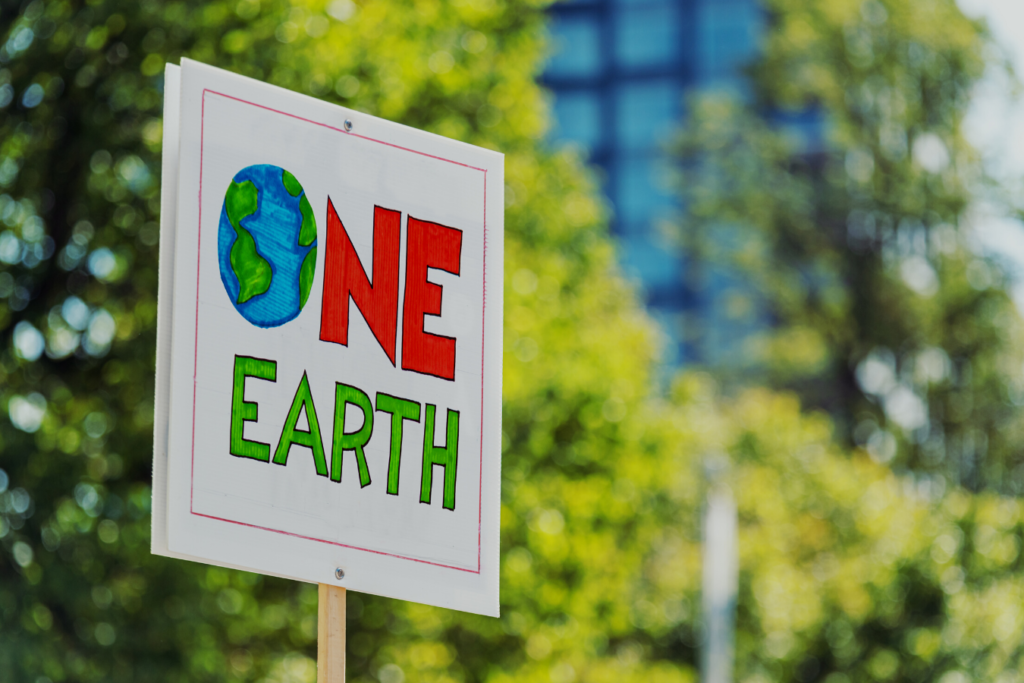
My thanks to Mark Olson, Managing Partner, for bringing up the UN Climate Report at one of our Monday Osborne practice confabs. Following Mark’s comments the rest of us were strangely silent – I think because A, we’ve all been bombarded by a stream of Covid bad news for the past 20 months; and B, nobody really knows how to grasp the real implications of climate change. The UN Climate Report offers very grim news indeed. Nothing really new, but the Report, with its updated technical detail and deeper scientific accreditation, stresses the real immediacy of all this cataclysmic change to our planet. It’s on our doorsteps! Ten or 20 years into the future is nothing. As Mark opined, it may be time to kiss our asses goodbye. Almost.
Here’s my take on it.
It’s a given that a lot of the forecast changes are going to happen, with incredibly negative results to our natural, social and economic systems. Results that will make the Covid impact look puny by comparison. The worst can be avoided, the Report suggests, but the window in which to take action to achieve that seems to be closing faster than the collective actions of governments and corporations to respond to it. In my view, the economies of the world – the G20 at a minimum – have to be put on a wartime footing to provide the will and the steam to put in place the changes needed to avoid the worst. And, even if they can accomplish this, it won’t go smoothly. There will be vast social and economic disruption, and conflicting agendas will play out, muddying the waters (both figuratively and literally).
On the other hand, if the necessary steps are not taken, even greater disruption is bound to occur, accompanied by gargantuan mitigation costs and very little gain. And even greater social and economic disruption will occur. More pandemics – maybe next time without a speedy vaccine to blunt it. Wars may erupt over access to potable water and arable land. Many millions are forecast to die from heat, hunger and thirst.
So, what are the chances of avoiding the worst? Anybody’s guess, but past and current efforts at building international trust and cooperation on a number of files don’t offer much optimism. Things may have to get worse before the collective global will can come together. At the personal level, I ask myself what can I do about this, what can I contribute? I am just too small a grain in the sand to make any impact? No.
I can look at every major life decision I make and ask myself whether it will contribute to the solution or add to the problem. Will this new piece of domestic hardware I really want suck energy, or did it do so in its manufacture? Can I travel in ways that minimize my climate footprint? Can I purge my investment portfolio of all funds that don’t have a green plan, with real time benchmarking? I can eat less beef, and more goodies from those emerging vertical farms. When MP’s and wannabe MP’s show up on my doorstep, I can tell them to lose their partisan stripes once they get to Ottawa – this is the Big One – get in there and work like hell to fix it. Or else the other guy will get my vote. And here’s an easy one – I am definitely giving up my gas guzzling Toyota for an electric version. On the business front, I can ask myself if the service I’m providing to my client adds to the solution or worsens it. Does the new hardware I’m recommending have an environmental downside? Is the business diversification initiative we’re recommending sensitive to the need to adhere to climate change? If not, how can we build that in? Can I encourage my clients to think in terms of our environment as a key part of their business planning and operating processes?
It’s really hard to get my mind around this stuff on a beautiful day, azure blue skies overhead, golden sun glowing, the air fresh and clean, gentle breezes fluttering the still green leaves…. we gotta keep this! It’s too beautiful to throw away.
My thoughts, for what they’re worth.
David Innes
Senior Advisor


